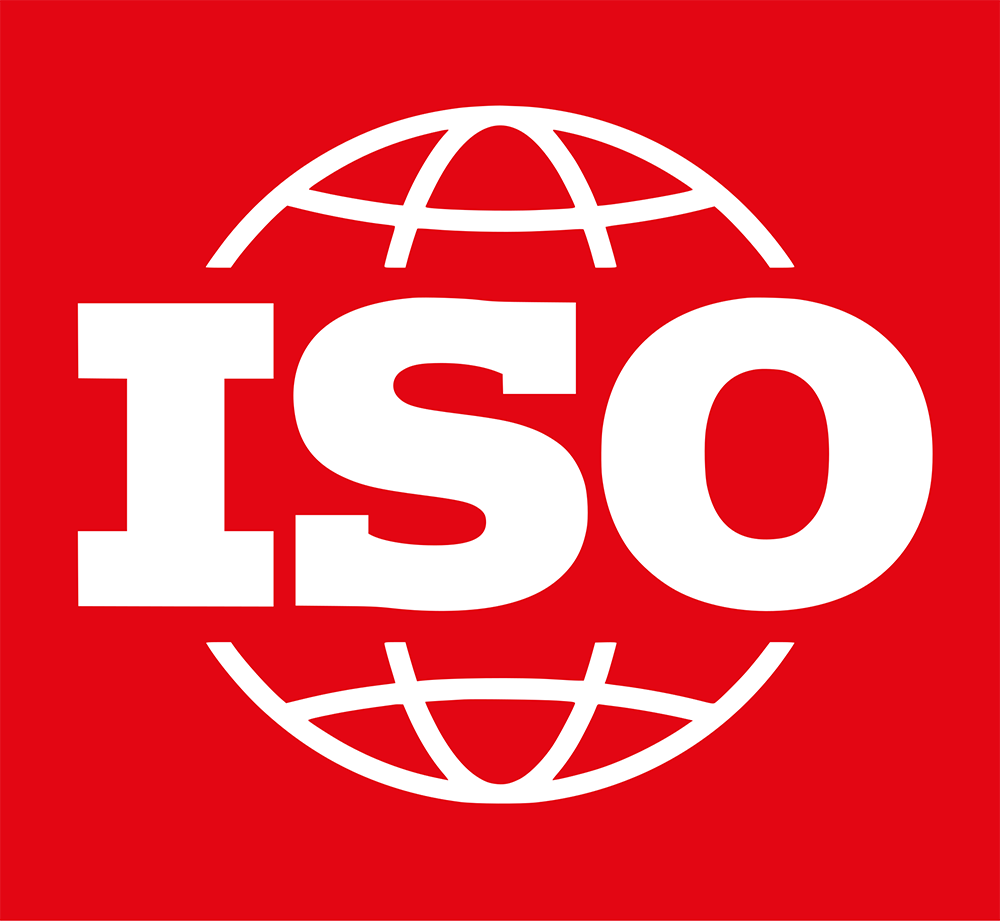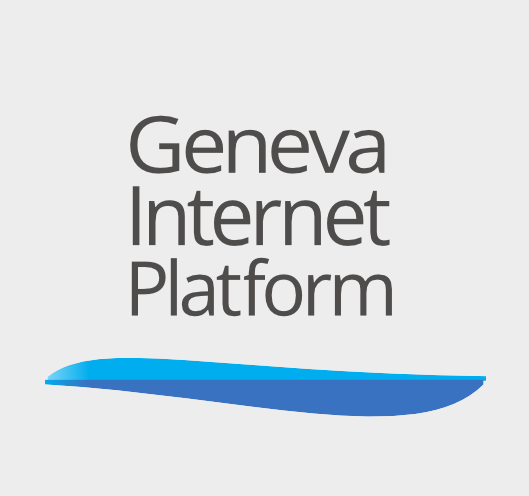Acronym: DCAF
Established: 2000
Address: Maison de la Paix, Chemin Eugène-Rigot 2D, 1211 Geneva, Switzerland
DCAF is dedicated to improving the security of states and their people within a framework of democratic governance, the rule of law, respect for human rights, and gender equality. Since its founding in 2000, DCAF has contributed to making peace and development more sustainable by assisting partner states, and international actors supporting these states, to improve the governance of their security sector through inclusive and participatory reforms. It creates innovative knowledge products, promotes norms and good practices, provides legal and policy advice and supports capacity‐building of both state and non‐state security sector stakeholders.
Digital activities
Cyberspace and cybersecurity have numerous implications for security provision, management, and oversight, which is why DCAF is engaged in these topics within its work. DCAF has implemented a cycle of policy projects to develop new norms and good practices in cyberspace. At the operational level, cybersecurity governance has become a prominent part of SSR programming.
Digital policy issues
Cybersecurity
Digitalisation and cybersecurity are the challenges of today and tomorrow. They have an overarching impact on the security sector and the role of the security sector and governance reform (SSG/R) in the digital space. In our recent study SSG/R in the digital space: projections into the future policy, we shed light on the complex intersection of digitalisation and security sector governance. It examines how security sector actors have adapted to the digital transition and the emergence of new actors within the security ecosystem. It also provides concrete recommendations on how to navigate the complexities of digital technologies and shape ethical technology use and robust digital governance frameworks.
Capacity development
For newcomers to the field, DCAF offers the introductory series SSR Backgrounders, with a special issue on the impact of digitalisation on good governance in the security sector. It is a first-stop resource to understand the challenges and considerations for best policy and practice.
DCAF implements projects that focus on improving cybersecurity laws and policies, increasing the capacity of cybersecurity actors, and strengthening accountability in cybersecurity. One of our priorities is to strengthen the individual and institutional capacities of national Computer Emergency Response Teams (CERTs). These teams are responsible for effectively and efficiently preventing and responding to attacks on national systems.
We also run the annual Young Faces research and mentoring programme, which helps to develop the next generation of cybersecurity experts in the Western Balkans. Each year, we select around 30 dynamic, forward-thinking young professionals to join the programme that enhances their knowledge of emerging trends in cybersecurity governance.
Research shows that women, girls, and LGBTQ+ people are the most affected by cybersecurity risks. Our publication and podcast series analyses how they have been pushed out of cyberspaces by abuse and discrimination, and what solutions exist to take a human-centred approach that considers everyone’s needs in cybersecurity.
In our Donors’ Talk podcast series, we spoke with DCAF’s Justice Advisor to draw on her 15 years of experience in justice sector reform to look at success stories, challenges, and what needs to be considered when supporting digitalisation projects related to justice reform. In Morocco, DCAF supported the National AntiCorruption Commission with training on the prevention and investigation of cyber-corruption and financial cybercrimes. The government commission digitalised its internal processes, resulting in more effective tracking and response to citizens’ data protection requests
Digital tools
Legislation databases
DCAF’s three legal databases gather policies, laws, and decrees governing the security sectors in the Occupied Palestinian Territory, Libya, and Tunisia. Each database covers the main providers of security and justice, the formal supervision and management institutions, and the legislative and regulatory texts covering and authorising the work of informal control actors (political parties, media, NGOs, etc.).
A resource for legislators, the justice system, academia, and civil society, the databases offer both a current resource and a historical perspective on the evolution of security sector legislation in the respective countries.
Handbook on effective use of social media in cybersecurity awareness-raising campaigns
This handbook provides condensed and easy-to-follow guidance and examples for designing content strategies and the efficient use of social media towards effective public awareness raising on cybersecurity. It shares the do’s and don’ts of social media, and how to have a strategic social media presence to support better cybersecurity.
For more tools and resources on cybersecurity governance and the security sector, visit our website.
Social media channels
Facebook @DCAFgeneva
LinkedIn @DCAF
Spotify @dcaf
X @DCAF_Geneva
YouTube @DCAF Geneva Centre for Security Sector Governance









Social media channels
Facebook @isostandards
Instagram @isostandards
LinkedIn @isostandards
X @isostandards
YouTube @iso